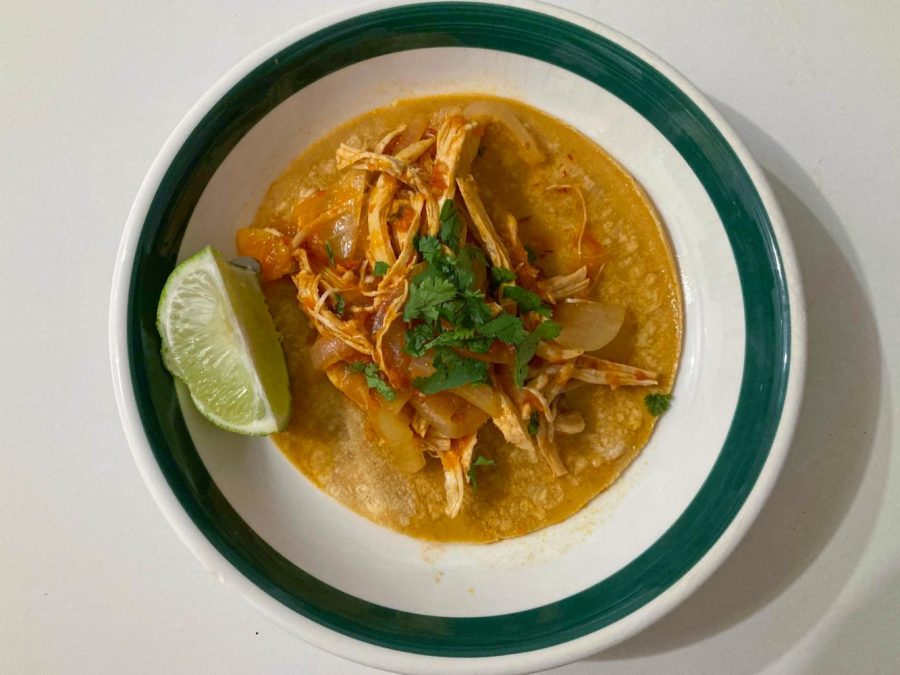If you were to ask me about my Easter plans a month ago, I would’ve told you that I was planning on making kleicha, a swirled date cookie prepared by the Chaldean community in Iraq. My grandmother would make these cookies for my mom and her siblings while listening to Wa Habibi, a Good Friday hymn sung by the Lebanese singer Fairuz.
My grandmother passed away years before I was born. Even though she’s not here, I feel her presence whenever my mom cooks Chaldean dishes like dolma, baklava and fattoush. Kleicha was not one of those dishes. In fact, I had never heard of the cookie until I interviewed my uncle for a class project and he mentioned this “date-swirled cookie thing” that my grandmother prepared for the Easter season. The cookie was a mainstay in my mom’s childhood, yet it never made it into mine because my mom didn’t care for the cookie’s dry, crumbly texture.
Who’s to say I wouldn’t have liked this cookie?
Eager to tap into this tradition and learn more about my grandmother, I was determined to make kleicha for Easter — that is, until I looked at my calendar and saw the long list of essays and exams I had for this week.
Long story short: mission aborted.
This past Sunday was Easter, an important holiday to Christians around the world. Yet to me, it felt like any regular Sunday with a longer Church service.
I’m not a religious person, but I grew up at the crossroads of cultures that embrace Catholicism. My dad’s side of the family is Mexican American and my mother’s side is Chaldean, a minority Christian group in Iraq and Syria. My heritage coupled with my childhood years living in Northern Italy set the stage for a life that embraced Christianity and all of the customs and holidays that come with it.
In my household, Easter was all about the food. For breakfast, we usually ate colomba di pasqua, a cross-shaped bread eaten by Italians on Easter. Lunch consisted of mindless snacking on goodies from Easter baskets. Dinners changed on an annual basis. Last year, my mom roasted pork shoulder in banana leaves and served it with rice and beans. The year before that was lamb chops, mashed potatoes and asparagus.
This year, I couldn’t take a train to Virginia to celebrate the holiday with my family due to COVID-19. On top of that, I had a Spanish test the day after Easter that I was ill prepared for along with two other essays that were due. Needless to say, it didn’t feel like Easter.
I think it’s a cop-out to blame the pandemic and poor time management for why the holiday seemed insignificant this year. I partly feel that this comes from living in a community that doesn’t place as much significance on the holiday as others. For instance, the University of Notre Dame doesn’t have class on Easter Monday, whereas NYU still operates as if this week were like any other.
As I mentioned before, I’m not a religious person, but to me, the Easter holiday is a reflection of my familial background — spending time in the kitchen making memories with my family.
So, in the spirit of renewal, an important tenet of Easter, I decided to make tinga de pollo tacos. It’s not the most festive dish, but it requires minimal preparation, and brings back memories of family celebrations while still letting me study for my exams. Besides, is there ever a wrong occasion for tacos?
Email Gabby Lozano at [email protected].


























































































































































